River Crossings Wildebeest Migration
The River Crossings Wildebeest Migration is a natural show that can't be beat. It happens every year. All year long, the Serengeti ecosystem is full of life, but the river crossings are the most exciting part of the epic trip for over a million wildebeest and thousands of zebras.
For tourists, seeing these amazing crosses is one of the best things they can do in Tanzania. Wildlife lovers and people who are just interested in travelling will love the Great Migration crossings because of their raw power, survival skills, and natural choreography. You'll get to see nature's most basic story up close.
This post talks about the most important parts of the wildebeest river crossings, like what makes them do it and where and when you can see it. It also gives you useful tips for planning your Tanzania Safari Tour.
The Truth Behind The Great Migration Cycle
Many people think that the Serengeti Wildebeest Migration only happens when the animals cross the wild Mara River. But it’s not like that.
It happens all year long because of rain and the need for new pasture land. The movement happens in cycles. It starts in the southern Serengeti in January and February, when the calves are born, moves west in April and May, and then surges north from June to October.
At this point, herds face many natural obstacles, such as the Grumeti River crossing in the west and the Mara River crossing in the north. Not only are these crossings exciting, but they are also necessary for life.
Seeing them has become an important part of our popular Serengeti Safari Packages during the high season.
Most Important River Crossing Phases
- The Grumeti River crossings happen in the western corridor of Serengeti National Park in June and July.
- Mara River Crossings occur from late July to October, mostly in the northern Serengeti, where herds cross the Mara River.
- Return Crossings happen backwards, from late October to early November.
What Drives The Wildebeest River Crossings?
The answer is as simple as it is powerful: food and survival. Following the rain and the new grass that comes after, the herds move naturally.
These herds, especially the wildebeest, have an amazing ability to sense changes in the weather far away, which helps them find their way across Tanzania's landscapes.
Their journey is cut short by problems that could kill them. At the Serengeti River crossings, obstacles are common. There are crocodiles hiding in the murky water. When it rains, steep banks fall down. Lions and hyenas are waiting nearby as hunters. Still, as soon as one wildebeest jumps in, the whole group does too, making a dramatic flow that can't be stopped.
Seeing these things happen shows the delicate balance that keeps Tanzania's National Parks alive, as well as the wild, uncontrolled drama that is what a Tanzania Safari tour is all about.
Wildebeest River Crossings
The Best Time To Cross Rivers In The Serengeti
It's important to know when to go to see the Great Migration crossings. The movement takes place all year, but the Best Time To See The Wildebeest Crossings is during the dry season, from late June to early October.
This is when Mara River Crossings is at its busiest, and the herds meet up near Kogatende and Lamai in the Northern Serengeti.
People who want to book Tanzania Safari Packages at this time should plan to stay there for at least three to four days. This makes it more likely to see a crossing, since the time is hard to predict. Positioning and waiting are very important.
Best Time for River Crossings in Serengeti:
- June – July: Grumeti River crossings
- August – September: Peak Mara River crossings
- October – November: Return crossings southward
To maximise your experience, organise your Tanzania Safari Tour with a local expert like African Scenic Safaris.
Wildebeest River Crossings
Where To Stay To See The Most Beautiful Views
If you want to see the dramatic river crossings, it's very important to choose the correct area to stay and the right type of lodging.
In the northern Serengeti, camps near the Mara River are close to places where you may easily witness the crossings (usually just a short drive away). Most of the time, these camps are mobile and move with the herds so they can stay close to the action.
If you want to witness wildlife during Grumeti River Crossings in the western Serengeti, it's better to stay near the area around the crossings. We suggest you stay close to the riverbanks, where the groups are likely to meet and cross.
Recommended Lodging Tips:
- Choose mobile camps that follow the migration patterns
- Book well in advance for the peak season (July to October)
- Opt for camps with easy access to river viewing points
- Spend at least 3–4 nights in one area to increase sighting chances
Travellers can improve their chances of seeing the Serengeti River Crossings in a meaningful and engaging way by choosing well-placed accommodations and staying long enough in key areas.
Imagine 1.3 million wildebeest deciding when to jump, it’s a wild traffic jam so big, it’s visible from space. Those who wait patiently are rewarded with the ultimate wildlife show.
Grumeti Vs Mara River Crossings
As the wildebeest continue their journey across the Serengeti, they must face two big challenges—the Grumeti River and the Mara River. Crossing these is a turning point in the migration, each with its mood and rhythm. Here’s how the two crossings compare:
|
Feature
|
Mara River Crossing
|
Grumeti River Crossing
|
|
Location
|
Northern Serengeti (Kogatende, Lamai)
|
Western Serengeti (Grumeti Reserve)
|
|
Best Time to Visit
|
Late July – October
|
June – early July
|
|
Scenery
|
Dusty cliffs, wide river, rocky views
|
Wooded banks, narrow water, peaceful surroundings
|
|
Predator Presence
|
Very high—crocodiles, lions, hyenas
|
Moderate—mostly crocodiles, some big cats
|
|
Number of Animals
|
Huge herds crossing together
|
Smaller groups, more spaced out
|
|
Crowds
|
More tourists during peak months
|
Fewer visitors, quieter scenes
|
|
Crossing Style
|
Fast, loud, dramatic jumps
|
Slower, cautious steps
|
|
Camp Access
|
Many mobile camps close to river
|
Fewer, more exclusive camps
|
|
Photography Moments
|
Iconic action shots, leaping herds
|
Scenic views, slower wildlife stories
|
Some travellers love the chaos and intensity of the Mara. Others prefer the calm, suspenseful moments along the Grumeti. It all depends on what kind of experience you want to be part of.
What Makes The River Crossings A Must-See Event?
One of the most exciting events to see in the world is the wildebeest crossing the river in the Serengeti. About 1.3 million wildebeest and 300,000 zebras take part in this 800 km journey across the Serengeti and Maasai Mara.
It's the biggest migration of land animals in the world, and it's so big that you can see it from space. The actual river crossings Wildebeest Migration are full of drama, danger, and excitement, but they don't happen at the same time every day. You need to be patient because:
- Wildebeest sometimes wait hours or even days to cross.
- They meet on the riverbank and don't know who will go first.
- Usually, one brave wildebeest jumps first, and then the rest of the herd follows.
But it's not easy to cross the river. The herd is in danger of numerous things:
- Crocodiles are waiting in the river to attack.
- On the other side of the river, lions and other predators are waiting.
- It is hard to climb because the riverbed is muddy and slippery.
- The walls of the ravine can be too steep at times, forcing them to turn back.
Even if these things are dangerous, the sight of thousands of wildebeest jumping into the river one after the other is worth watching. It's a raw, strong moment in nature, which is why so many people want to see it during their Tanzania Safari Tours.
Tips For A Rewarding Wildebeest River Crossing Safari
River Crossings Wildebeest Migration is exciting, but you need to plan and know about the area.
When you book with African Scenic Safaris, your schedule is planned around the patterns of migration. Our guides know the land very well and can quickly change things based on daily reports of movement.
River Crossing Safari Tips:
- Travel with guides who know how to track migrations.
- Don't keep switching lodges; instead, stay longer in one prime area.
- For more freedom, travel in smaller private Tanzania Safari Vehicles.
With this plan, you can make sure that your trip is more about being in the right place at the right time and less about luck. That's what makes our professionally led Tanzania Safari Tours stand out.

Travel Light, Travel Right!
January – December 2026
African Scenic Safaris
Adventure
Travel Style
Wildlife Safari, Cultural Encounters, Luxury Lodges / Tented Camps
Tour Starts
Arusha , Tanzania
Tour Ends
Arusha, Tanzania
Price On Request
Incl Transportations & Accommodations

Travel Light, Travel Right!
January – December 2026
African Scenic Safaris
Adventure
Travel Style
Romantic Safari, Scenic Bush & Beach Retreats, Luxury Lodges / Tented Suites
Tour Starts
Arusha , Tanzania
Tour Ends
Arusha, Tanzania
Price On Request
Incl Transportations & Accommodations

Travel Light, Travel Right!
January – December 2026
African Scenic Safaris
Adventure
Travel Style
Classic Wildlife Safari, Cultural Encounters & Comfortable Lodges
Tour Starts
Arusha , Tanzania
Tour Ends
Arusha , Tanzania
Price On Request
Incl Transportations & Accommodations
01
/ 03
River Crossings And Conservation
The Serengeti Wildebeest Migration is important for the environment in the area, not just for tourists. The river crossings keep the balance between predators and prey, fertilise the land, and keep towns going that depend on ecotourism.
African Scenic Safaris helps protect these old migration routes through conservation efforts, which helps keep Tanzania's national parks in good shape.
If you choose our responsible and low-impact safaris, you can enjoy safaris without hurting the environment. Our Sustainable practices also mean longer, less disruptive stays and avoiding high-impact group travel.
These are core ideas to every Tanzania Safari Tour that African Scenic Safaris designs.
Wildebeest River Crossing
Witness The Pulse Of Tanzania In Motion
The River Crossings Wildebeest Migration rightfully illustrates Tanzania's safari story. From the dramatic Mara River crossing migration to the serene Grumeti River, every moment shows nature's struggle and peace. Travellers seeking adventure find wonder, activity, and introspection on the crossings.
Join African Scenic Safaris for this breathtaking event with personalised service, skilled guides, and prime site access. Our Tanzania Safari Packages let you experience nature's drama in comfort and style, with every detail carefully designed and every moment counted.
Let the rhythm of the Great Migration lead you across the land where life flows with the rivers.
The Leap That Starts It All
A single leap begins the charge. Watch silence turn to chaos as thousands plunge forward. This is the Serengeti’s wildest, most unforgettable moment in motion.
Travel to Tanzania with Confidence & Excitement!
Now that you’ve got access to all the necessary information, your River Crossings Wildebeest Migration is bound to be smooth and stress-free. From staying safe to understanding local customs, these insights will help you enjoy every moment on Tanzania Safari Tours .
As you take in the beauty of the landscapes and connect with Tanzania’s culture, you’ll feel more confident and ready for anything.
Explore Tanzania Travel Guide
Safari tips, local bites, wild sights, and hidden gems—Tanzania’s secrets are just a scroll away. Ready to explore?
Frequently Asked Questions
The best time for river crossings Serengeti is from late July to early September, when large herds cross the Mara River heading north. A second crossing often occurs in late October as they return south.
The most dramatic wildebeest river crossings happen at the Mara and Grumeti Rivers. These events showcase the herd’s struggle against predators and tough terrain, making them a highlight of any Serengeti safari.
The Mara River crossing migration is iconic due to the scale and tension of the event. Thousands of wildebeest plunge into crocodile-filled waters, creating heart-pounding action unlike any other moment on safari.
Yes, Serengeti River crossings are highly unpredictable. The wildebeest follow rain patterns rather than fixed routes, so timing and patience are key. Staying several days in one location greatly increases your chances of seeing the action.
Yes, we create custom Tanzania Safari Tours that follow the Great Migration route. You can time your trip with the migration calendar to maximise your chances of seeing unforgettable river crossings in the Serengeti.
Simbo Natai, founder of African Scenic Safaris, crafts sustainable, meaningful Tanzanian journeys rooted in his deep local knowledge and passion.
Director





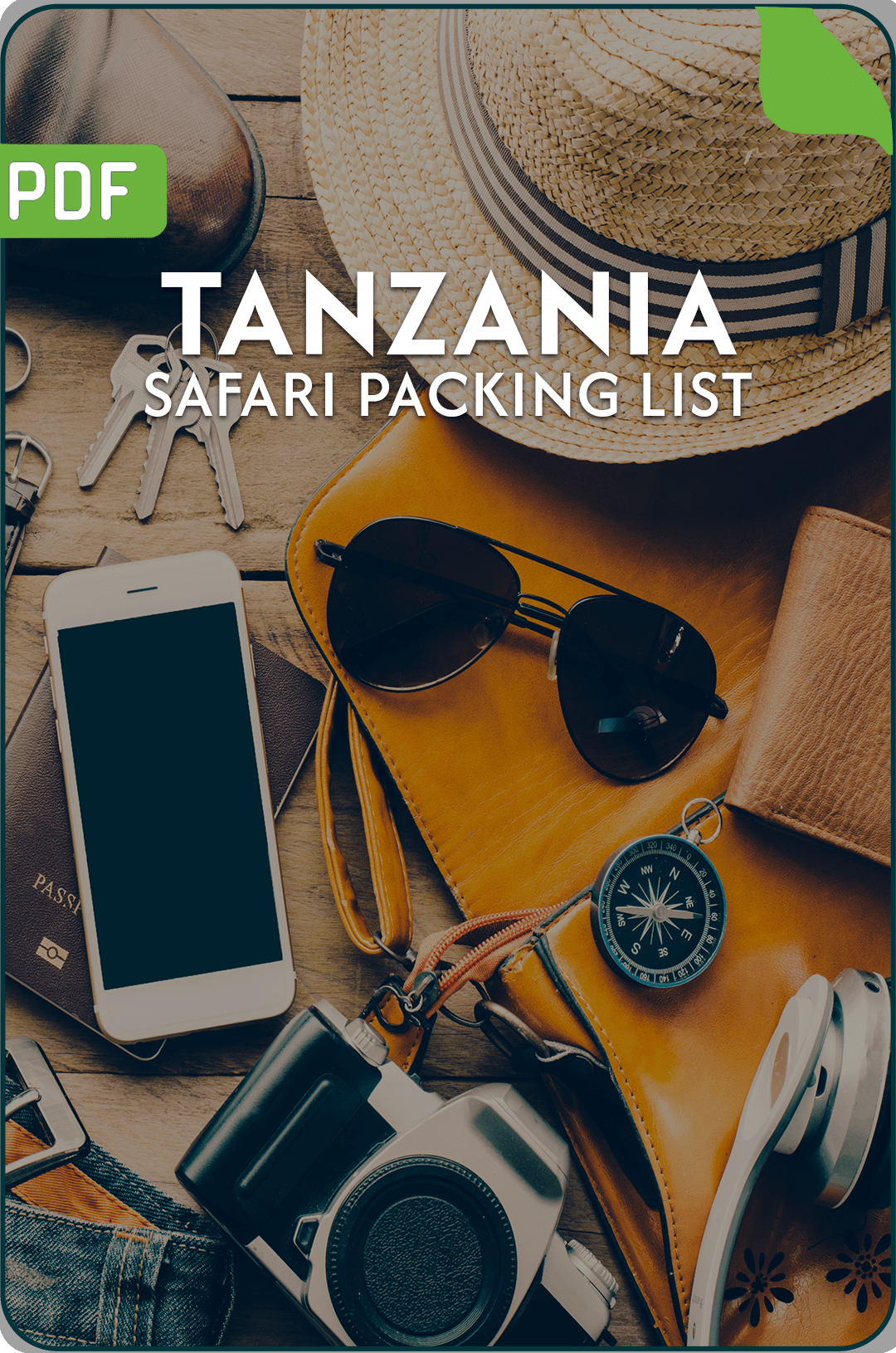
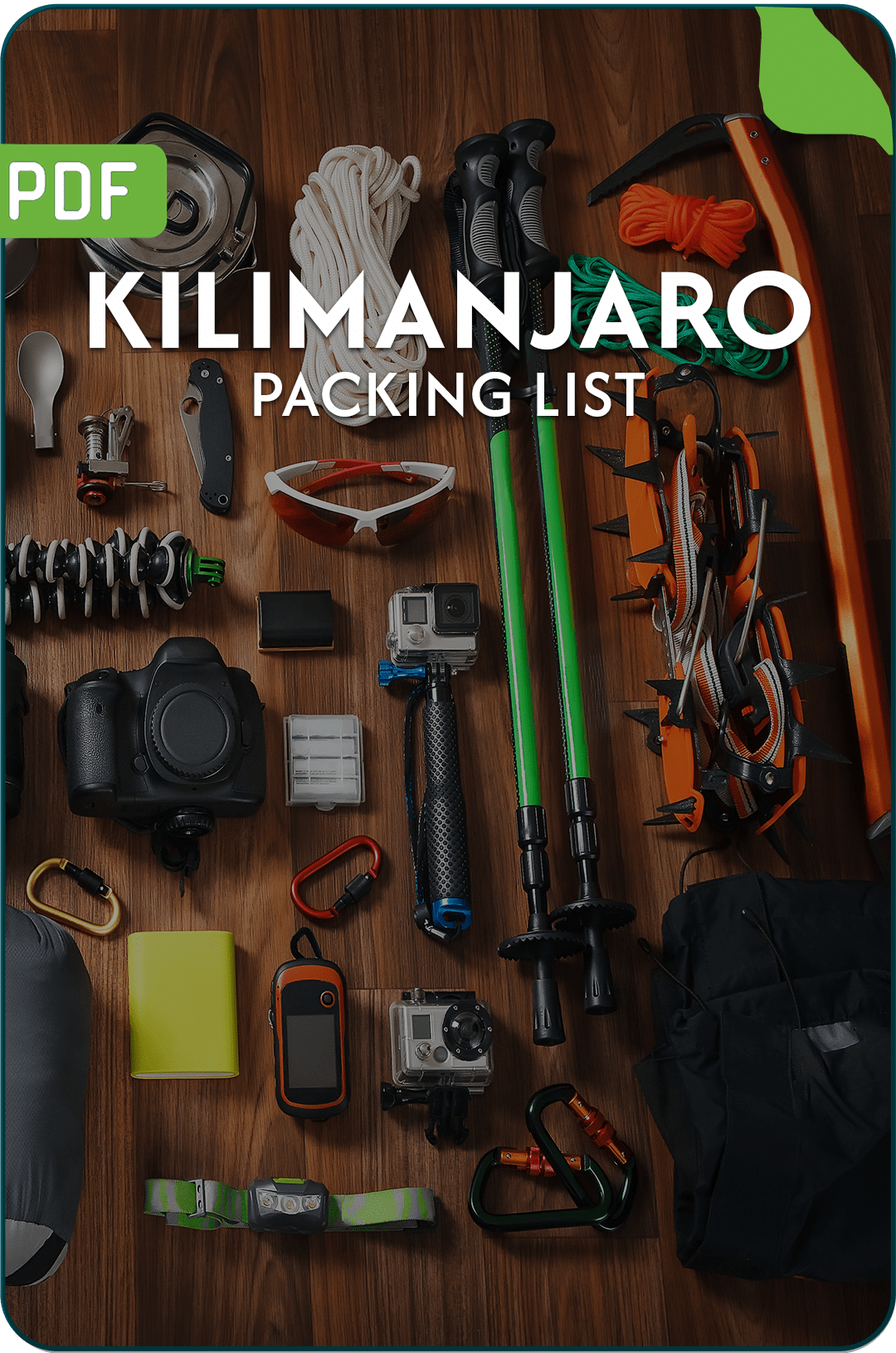
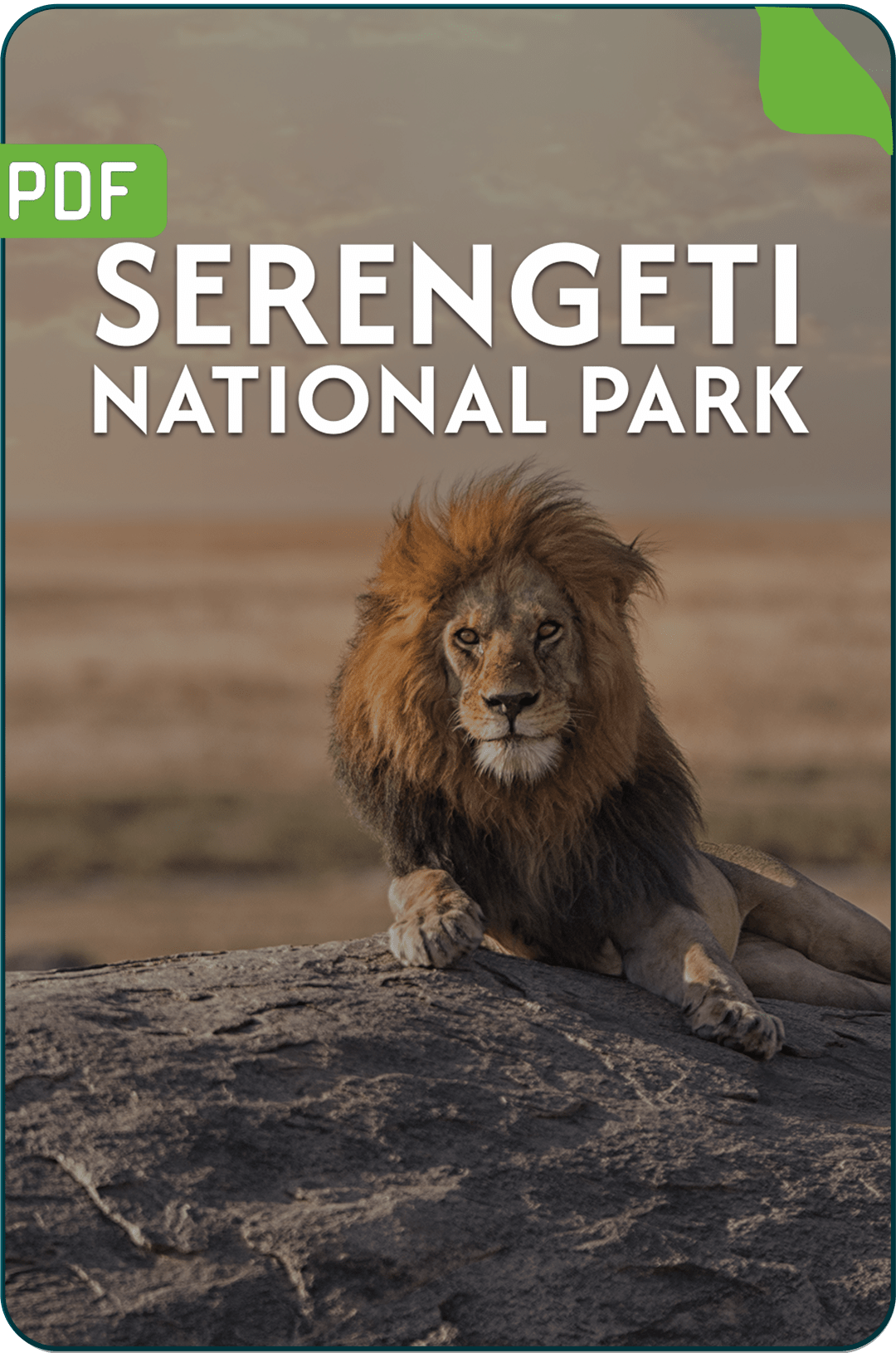
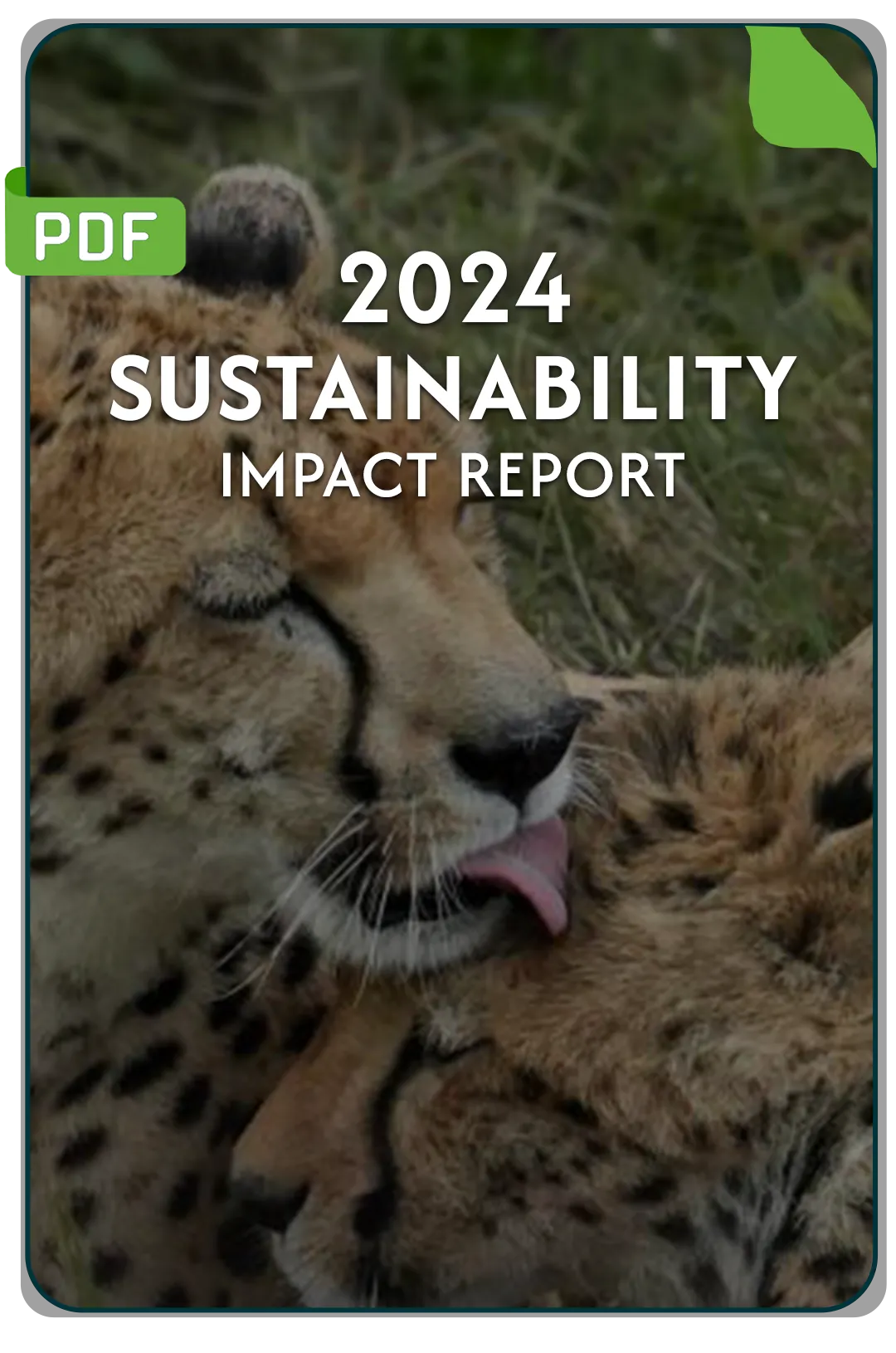
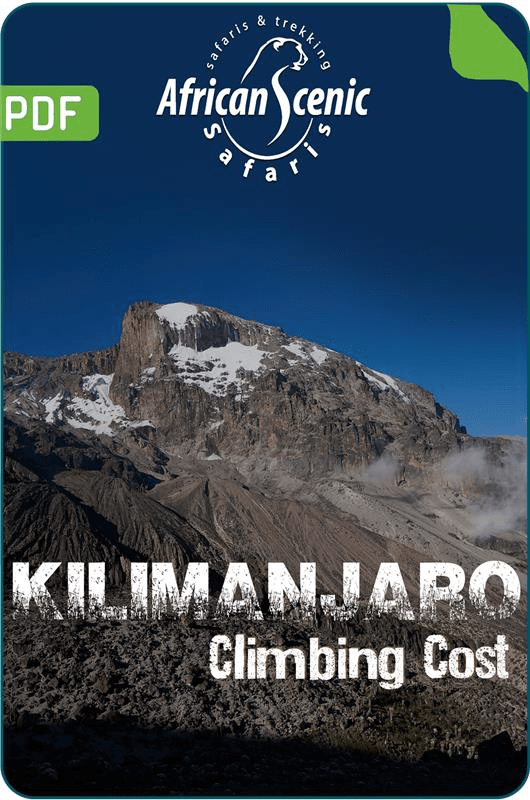












 Travel Light, Travel Right!
Travel Light, Travel Right!
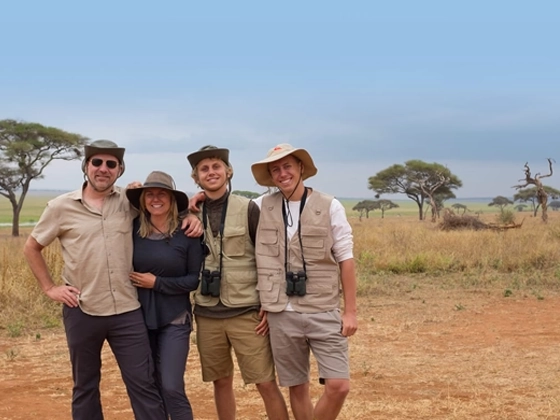
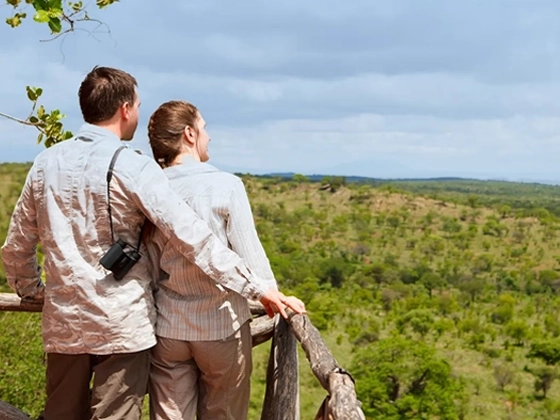
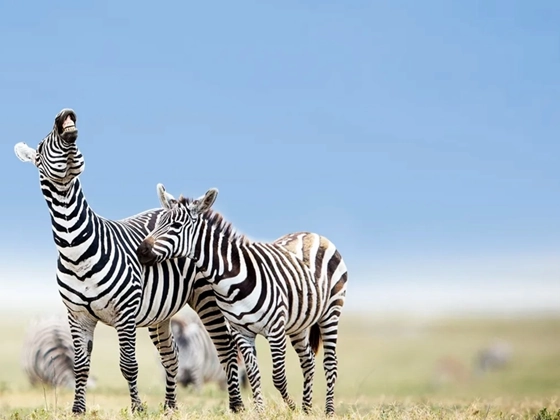




 African Scenic Safaris #1 on TripAdvisor
African Scenic Safaris #1 on TripAdvisor 




